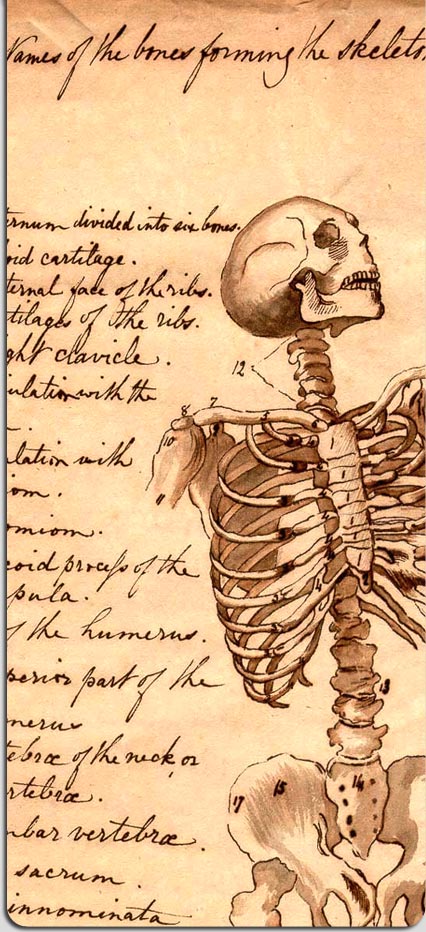Loving Medicine
In stark contrast to my previous love rant , I present a totally different facet and hypothesis: One cannot be a good physician unless one understands love.
I think it’s easy to take a patient–a complete and total stranger–as “just another face” in medicine. The lone patient, completely detached from his or her social attachments, is merely another person who requires care or treatment. Write a prescription, advise smoking cessation and more exercise, and move on. But it’s one’s own experience with love that makes the 2-dimensional patient a living, breathing person. Ten dimensions–twenty–and truly deserving of care and respect.
Even when I was set on becoming a doctor, and I knew I wanted to help and heal, I wrestled with a question to which I could find no answer that satisfied me: “Why go through these extraordinarily expensive and high-risk procedures to keep a person alive? Aren’t they just representative of Americans’ inability to accept death as the inevitable consequence of life?” The latter question was always my default answer. Americans, obsessed with youth and beauty and botox and materialism and secularism, denied that death existed until the very last moment. But then, in one of those eureka moments, those light bulb flickers, I had my answer. I had fallen in love.
It’s the love that makes us try anything and everything to keep someone from leaving us. Why the mother do anything to save her children; why one spouse will spend millions to try to keep the other alive for a few more precious weeks; why a complete stranger will undergo elective bone marrow removal to save someone else’s mother, father, brother, or sister. I’m of the general philosophy that it’s the painful, the difficult, and the bad that facilitate more learning and wisdom than floating along with a semi-charmed life, but it’s also human nature to avoid the painful, the difficult, and the bad, too. And while the death of a loved one probably makes us appreciate living that much more, we’d rather be that much less wise, and be able to keep the person alive.
Now, when I think about that question whose answer I could never quite uncover, it seems almost frightening that I ever had such inhuman thoughts. The answer’s so clear that it’s hard to imagine that I could never quite figure it out for so long. And I guess that’s the way I try to see patients. As a mother, a father, a brother, or a sister. And the pain and grief it would cause if the patient were to die.
